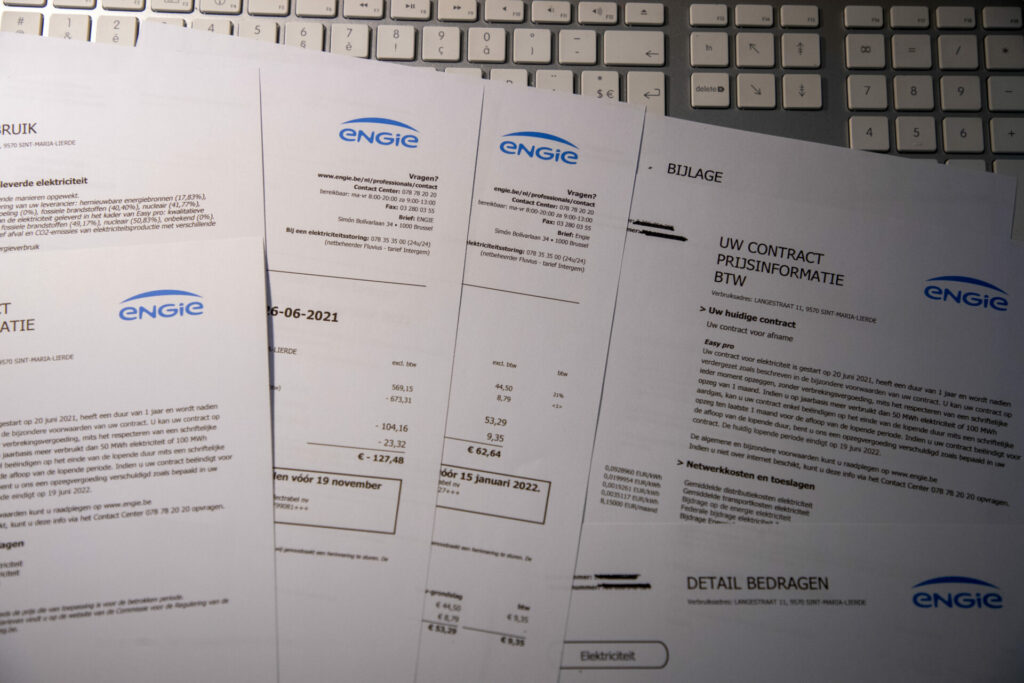The CREG, Belgium's regulatory body for gas and electricity, has unveiled their propositions for limiting the impact of increased energy bills to the Federal Government, with a Committee on Energy due to meet this Tuesday.
With households and businesses across the country bearing the brunt of the ongoing energy crisis, the CREG has called on the Federal Government to consider their six propositions to reduce the burden of energy bills.
Helping providers help customers
The regulatory body has asked that the current household VAT rate for electricity and gas remains at 6% – as had previously been proposed by Federal Health Minister Frank Vandenbroucke. At the same time, CREG asks that the social tariff be kept in place and even extended to higher-income families.
In addition, CREG proposes adapting excise duties by introducing a reverse ratchet mechanism when prices reach a certain threshold. This follows a suggestion from a panel of experts in June.
Finally, the regulator calls for tighter regulations on fixed-price contracts, which have almost entirely been replaced by variable rate contracts in the face of exceptional market volatility. This would protect energy providers from being forced to sell energy at a loss in case a customer breaks the contract early to go to a different and cheaper provider (as they are presently allowed to do).
In addition, they want to see a standard contract introduced for all suppliers. This would facilitate a simplified price comparison and make the market more transparent.
Excess profits
On a grander scale, the CREG has called on the European Union to introduce price caps for both gas and electricity so that the European market remains attractive compared to Asia.
For electricity, the body has called on the EU to tax excess company profits, especially those generated by renewable and nuclear energy producers, just as the Commission is planning to do.
They have also extended this suggestion to the Belgian Government. By capping the profits that could be made by providers of nuclear energy in Belgium, CREG calculates that "approximately €2 billion" excess profits for 2022 alone could be recuperated by the Belgian State, to be redistributed in assistance.

